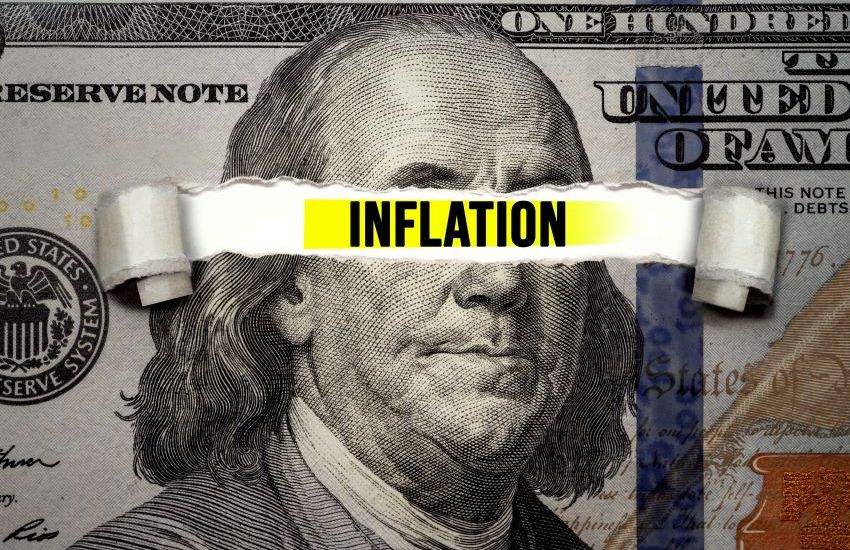


Nick Winder shares his thoughts on inflation and its impact in Guernsey:
We Baby-Boomers were born at the end of wartime rationing. The old territorial empires were collapsing and wealth was being redistributed. Returning war-veterans had voted for change and the nation-states of Europe were building alliances, creating welfare states, emancipating out-groups and educating their young people. Boomers floated to prosperity on the ‘tide that raised all ships’.
We bought our homes by borrowing more than we could afford and letting inflation pay the debt. The tides of boom and bust continued through the 80s, when Thatcherite policies prevailed. Mrs Thatcher was a monetarist who wanted to halt inflation and believed the only way to do so was to limit the supply of money. Demand for money would remain unmet and the value of money would stay high.
New sectorial empires filled the power-vacuum left by the collapsed territorial empires - there was an armaments empire, a petrochemical empire, an agro-industrial empire and, of course, finance. The system that allows politicians to take lucrative ‘consultancies’ created conflicts of interest that eliminated political debate and transferred control of our democracies to the sectorial empires. The EU is run by unelected Commissioners and lobbyists; its parliament is a talking-shop with no power.
The process of de-regulation and privatisation halted the boom / bust tides as financial empires built a lagoon of capital assets. The lagoon was breached in 2008 and politicians were ‘advised’ to abolish conventional capitalism and nationalise private debts. This subsidy, illegal under EU law, distorted every market in which money was used as a medium of exchange.
Advanced economies continued pumping capital resources from the commercial ocean into the corporate lagoon, creating a level of economic austerity that hasn’t been seen since the 1930s. Monetarism is dead; banks can now print all the money they want and ‘inflation’ will remain much lower than it was in the 80s. This works because the ‘inflation’ figures only take account of the prices paid for goods and services in the open-waters of commerce. The law of supply and demand doesn’t hold in the corporate lagoon.
Economic ‘growth’ statistics are now negatively correlated with the size of the commercial economy because they measure the changing size of the lagoon. As the lagoon grows, the commercial economy dwindles. The richest 2% of the population now owns 50% of the world’s resources. These people and the empires they control don’t pay taxes. Corporations have become Soviet-style collectives, whose profits remain in the lagoon, but whose losses are carried by the dwindling commercial economy.
A Boomer who, 50 years backalong, was a one-nation conservative, would be laughed to scorn by Sunak’s Tories and expelled from Starmer’s Labour Party as an ultra-leftist.
So here’s the bottom-line: an election may clear Guernsey’s political log-jam, but the commercial tide won’t rise enough to float a coracle while half the world’s capital is trapped in that lagoon.